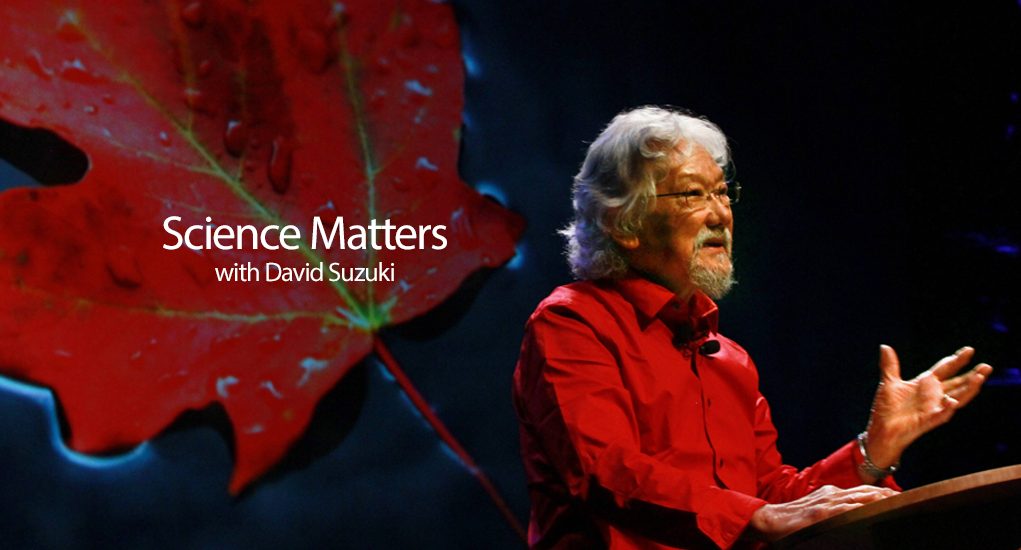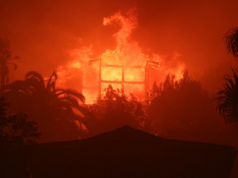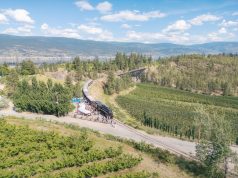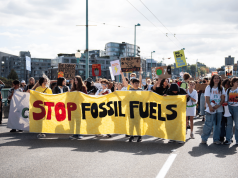Tackling climate change requires healing the divide
By David Suzuki
Canadian climate change opinion is polarized, and research shows the divide is widening. The greatest predictor of people’s outlook is political affiliation. This means people’s climate change perceptions are being increasingly driven by divisive political agendas rather than science and concern for our collective welfare.
Over the past year, the Alberta Narratives Project gathered input from a broad range of Albertans (teachers, faith groups, health professionals, farmers, artists, industry, environmentalists, etc.) to better understand how they feel about public discourse on global warming. Participants said they want less blame and a more open, balanced and respectful conversation. Many don’t see themselves in the conversation at all. No one is speaking to them, using language that reflects their values and identity.
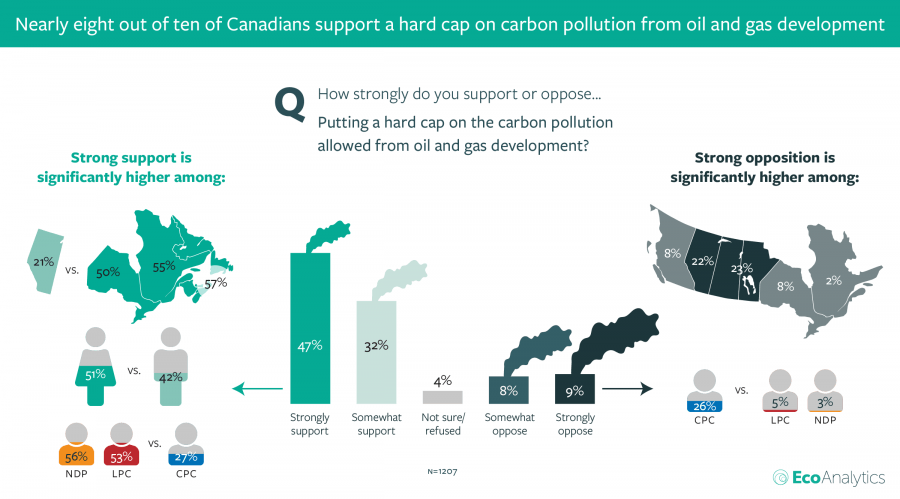
Albertans are deeply divided in their climate change perceptions. In 2017, just over half the population was doubtful or dismissive. When an issue is highly polarized, people find it difficult to discuss. The Alberta Narratives Project found people rarely, if ever, speak to others about climate change.
Climate disruption is a collective threat, not just an environmental issue. We must all see ourselves as part of the effort to prevent extreme impacts and ensure sustainable, resilient communities. But how can we take shared action when we can’t even talk to each other about the problem?
The Intergovernmental Panel on Climate Change’s most recent report calls for action to limit warming to 1.5 C to reduce the risk of increasing extreme weather events, prevent catastrophic species loss, decrease numbers of climate refugees and protect human health and resilience.
It’s an urgent warning. After examining more than 6,000 scientific studies, the IPCC was clear: We must cut harmful carbon emissions by at least 45 per cent from 2010 levels by 2030 and reduce them to net zero by 2050 by cutting emissions and removing CO2 from the atmosphere.
Rising populist politics are weaponizing climate action as a wedge issue for political advantage — with tragic implications.
How can we reverse this?
Cities are responsible for 70 per cent of global emissions. According to C40 Cities research, they can lead the way by acting across four key areas: energy supply, buildings, mobility and waste.
Recently, Regina’s council unanimously passed a motion to run on 100 per cent renewable energy by 2050, a meaningful target in line with the international Paris Agreement and the most recent IPCC report. Victoria has adopted the same target.
Victoria Mayor Lisa Helps writes that “to solve the climate challenge, we have to weave a strong social fabric, to build on the gifts, assets and talents of our friends, neighbours and colleagues. It means we have to shift our thinking from me to we, from now to the long term.”
In March, Edmonton partnered with the Global Covenant of Mayors for Climate and Energy for the Change for Climate Global Mayors Summit. They developed the Edmonton Declaration, asking signatories to recognize the urgent need for action that will limit global warming to 1.5 C.
The city’s video says, “Let’s come together and lead the charge against climate change. Let’s show the world how much we love our city and our planet. Let’s change our neighbours’ minds. Change our habits. Change the world. Each of us needs to do whatever we can. Whatever we do, we have to do it now. Because if we don’t change anything, climate will change everything.”
Reconciliation with Indigenous Peoples is also crucial.
Dene elder François Paulette says, “First Nations are in a unique position to be leaders in climate change initiatives because of our knowledge of the sacred teachings of the land. We must not be situated as passive recipients of climate change impacts. We must be agents of change in climate action.”
To tackle climate change, we must heal the divide and act — as individuals, families, neighbours, communities and societies.
Wherever you see yourself on the political spectrum, whether you identify as rural or urban, youth or elder, the time for foot-dragging is over. Each of us must join together with others to address climate change, and demand meaningful action from political representatives. All parties must commit. We must call out those who stall or prevent solutions to serve their own self-interest and political agendas.
We can’t afford to wait.
David Suzuki is a scientist, broadcaster, author and co-founder of the David Suzuki Foundation. Written with contributions from David Suzuki Foundation Senior Editor Ian Hanington. Learn more at www.davidsuzuki.org.


